A new British coachbuilder, Allesley has been founded in a bid to capitalise on increasing demand for multimillion-pound, highly personalised cars.
Based near Coventry, Allesley aims to “revive the art” for the 21st century, coming hot on the heels of several manufacturers’ internal coachbuilding programmes.
Rolls-Royce, for example, recently produced the Boat Tail and Drop Tail, while Bentley has made the Bacalar and Batur.
Allesley has been spun out of HPL Prototypes, whose 95 staff conduct top-secret development work for several esteemed manufacturers including Aston Martin, Bentley, Lotus, JLR and McLaren.
Named after the village in which HPL is based, Allesley’s projects will all be made in line with auction house Bonhams’ definition of ‘special coachbuilding’, according to CEO Paul Abercrombie.
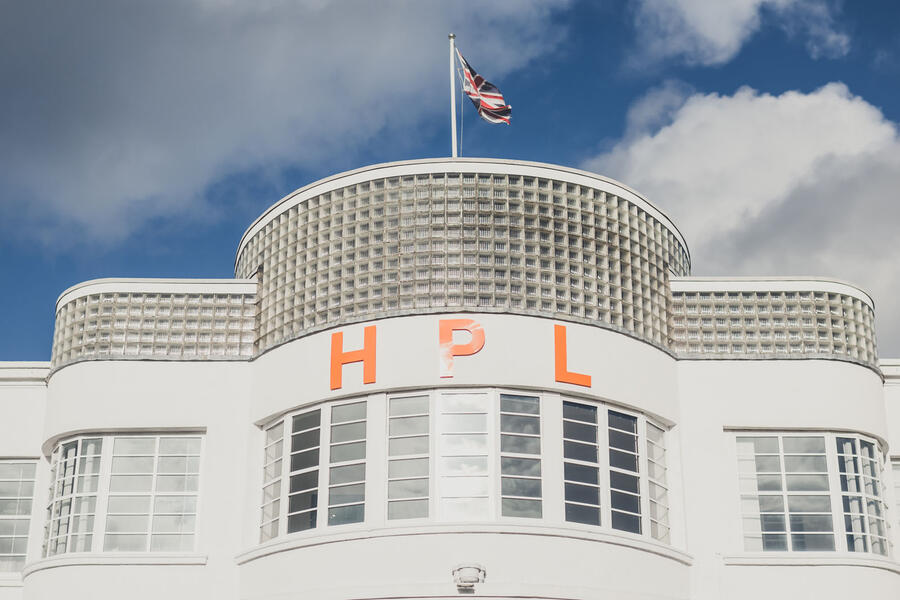
Each car will be designed and produced completely independently of a major manufacturer, using a chassis supplied by the client.
The new bodies won’t be sold separately and the platform used will be subject to restrictions on the extent of chassis modifications. Moreover, each car will have a strictly limited production run.
“There’s no [credible independent] coachbuilder in the UK at the moment,” Abercrombie told Autocar.
“There are OEMs that are good at coachbuilding and have their own programmes, but as an independent coachbuilder there aren’t any others.”
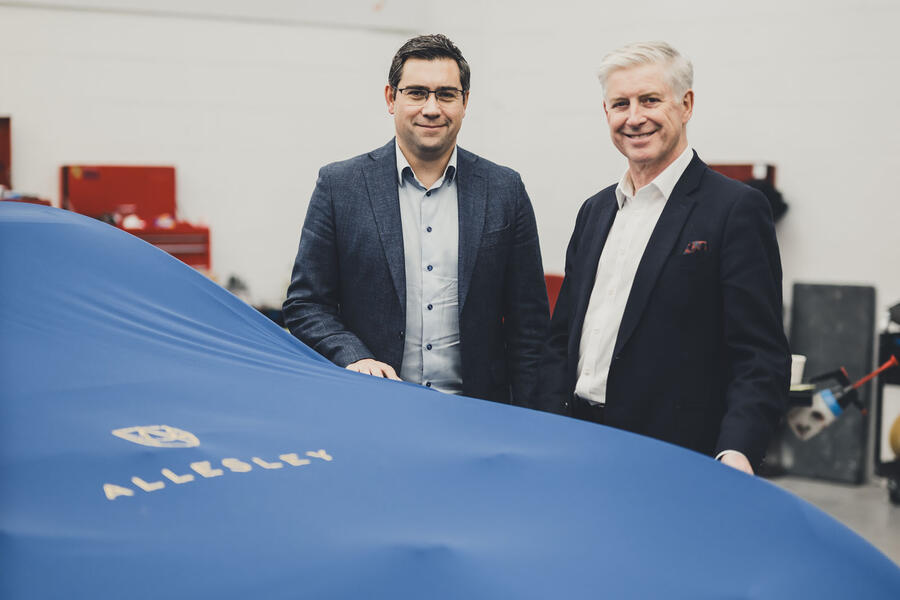

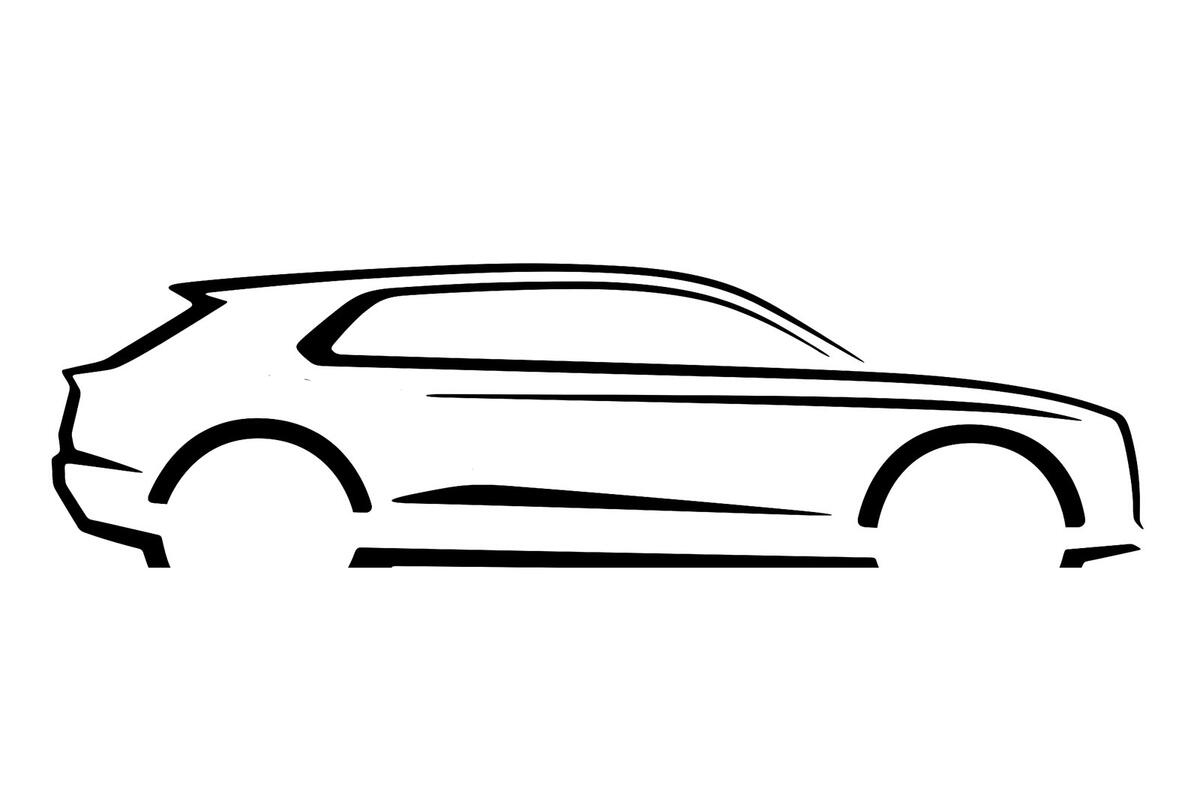
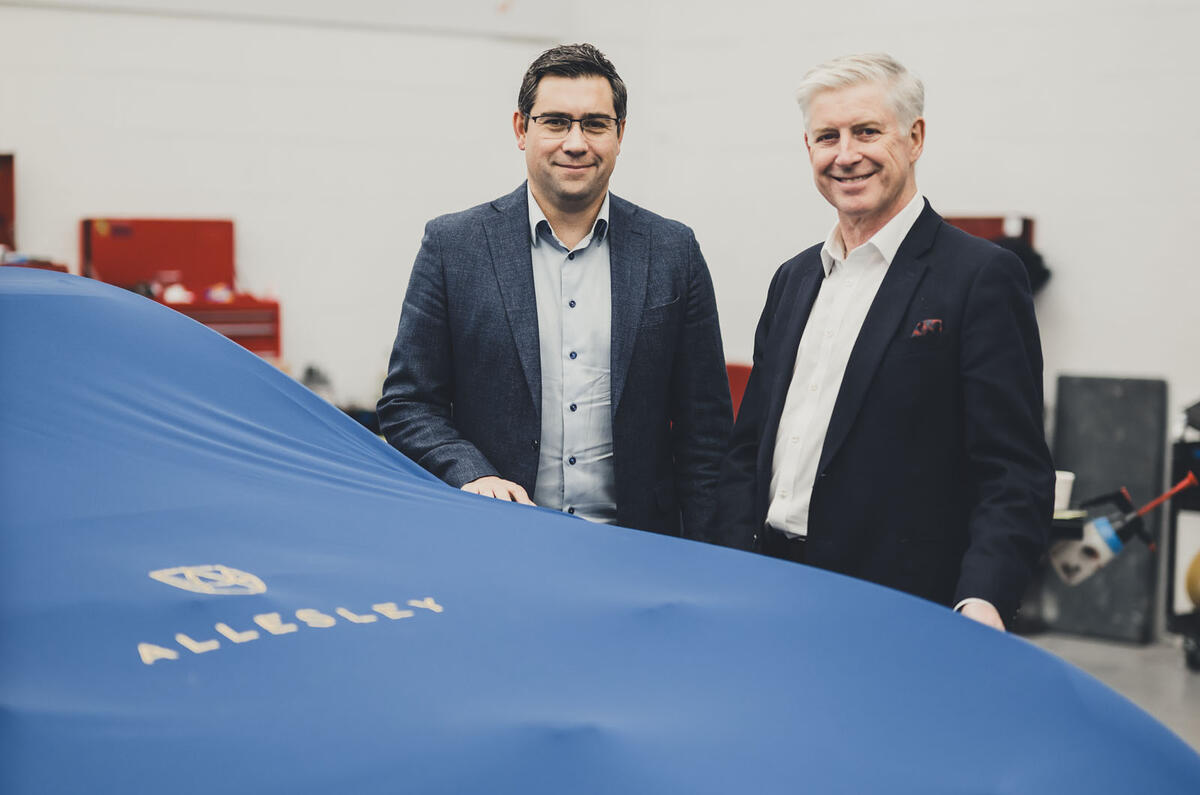
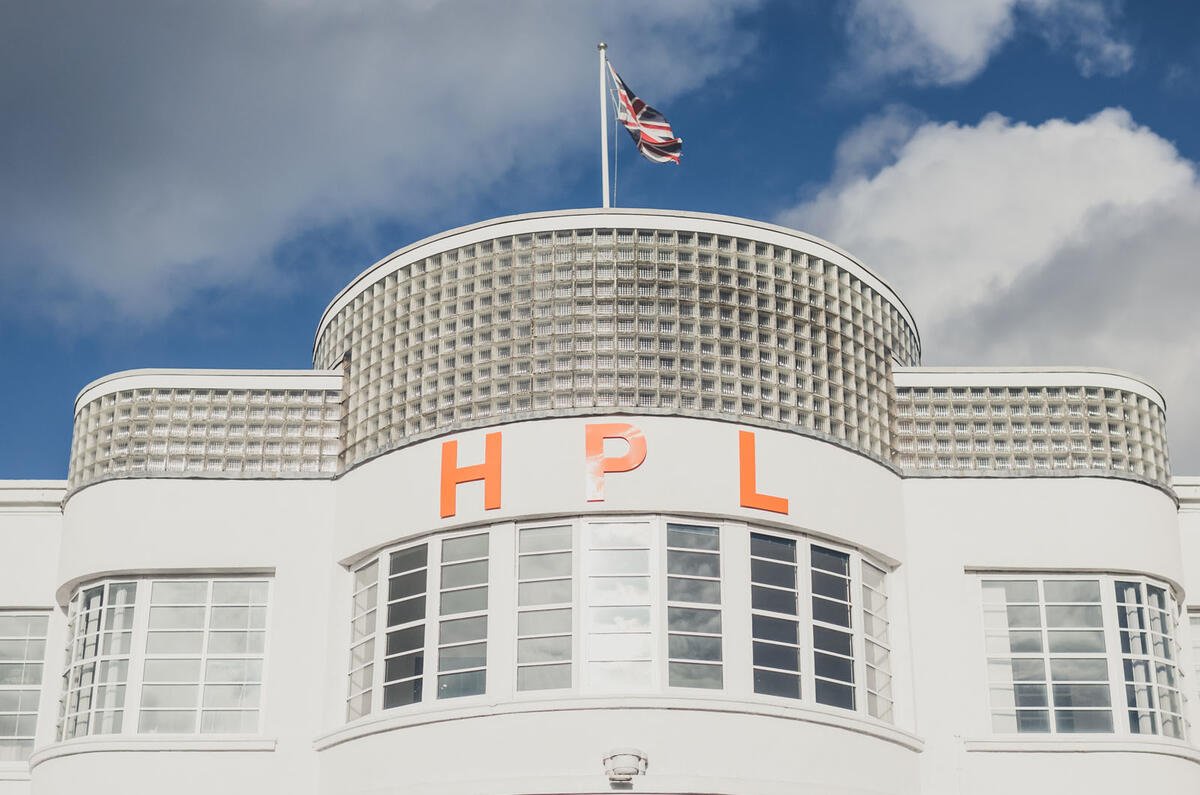




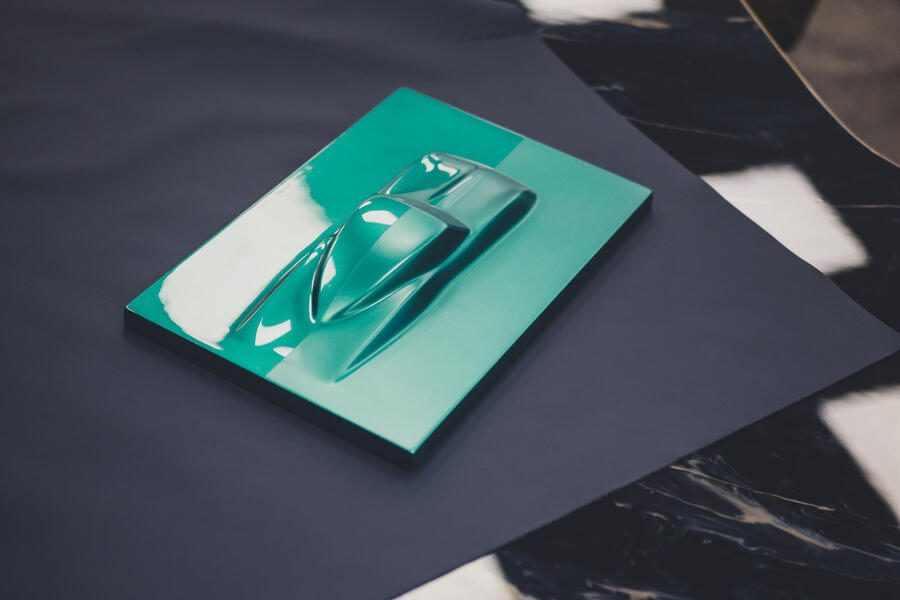
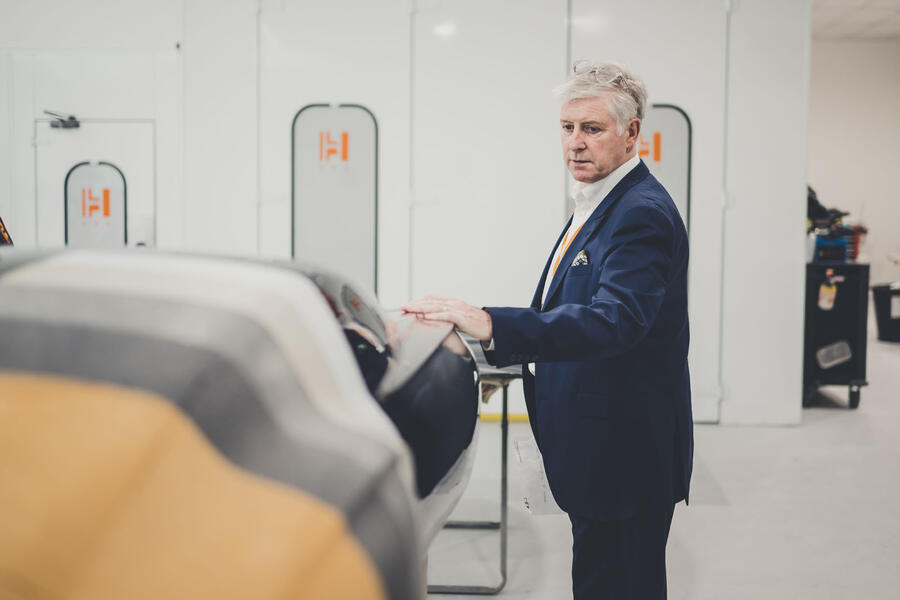





Join the debate
Add your comment
Will they only build cars with a body separate from the chassis (like coachbuilders of old) or will they also do monocoque designs? It sounds like only the former if the customer has to provide the chassis.
Funny to think that a multi-million pound commission could potentially have a Ford Transit frame (if you want a new one) or a recycled Land Cruiser or Discovery underneath.
It just seems so pointless.
The traditional coachbuilders existed before mass production truly started, and then continued as a way to provide custom bodies not available elsewhere.
Now we are asked to see a 'super luxury SUV' transformed into a much more expensive and distinctive... SUV. Essentially more of the same, just because someone can. What is the point?
Buy a Gordon Murray car and you have my respect. Truly he is making something unavailable anywhere else, and the stratospheric price tag is the consequence. A Singer or a Pagani does similar.
Above all, a car is for driving, not admiring. I don't find much to admire here.